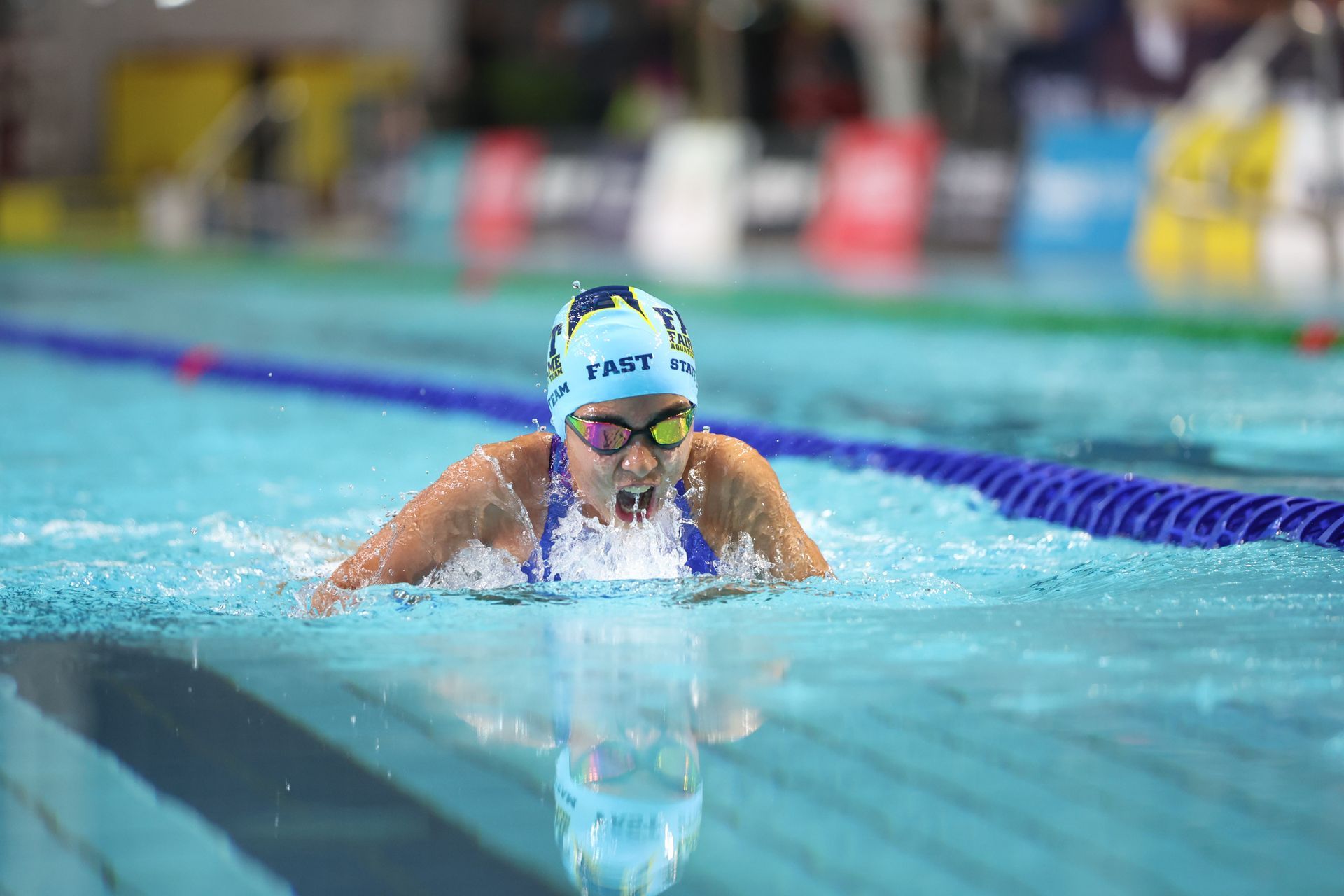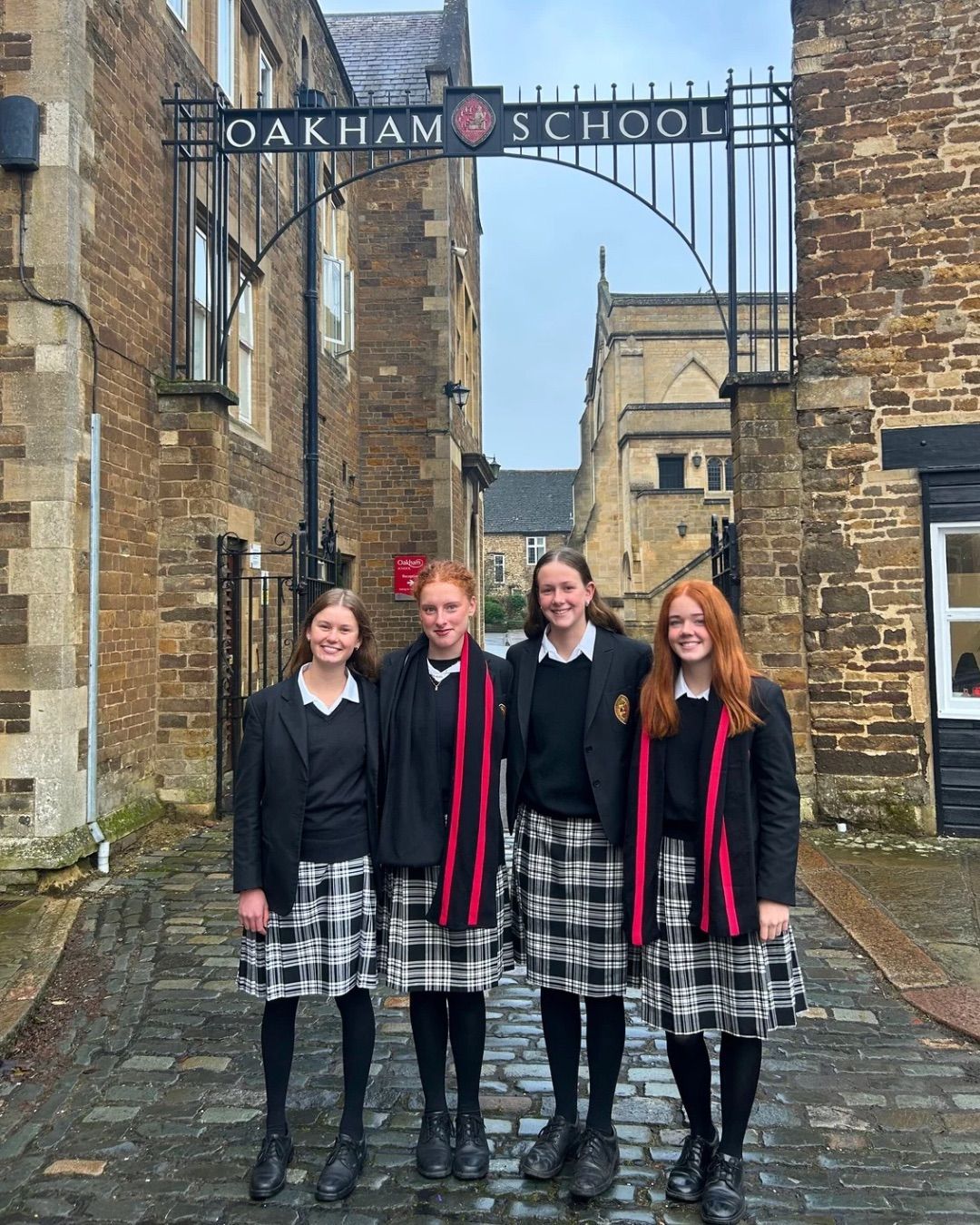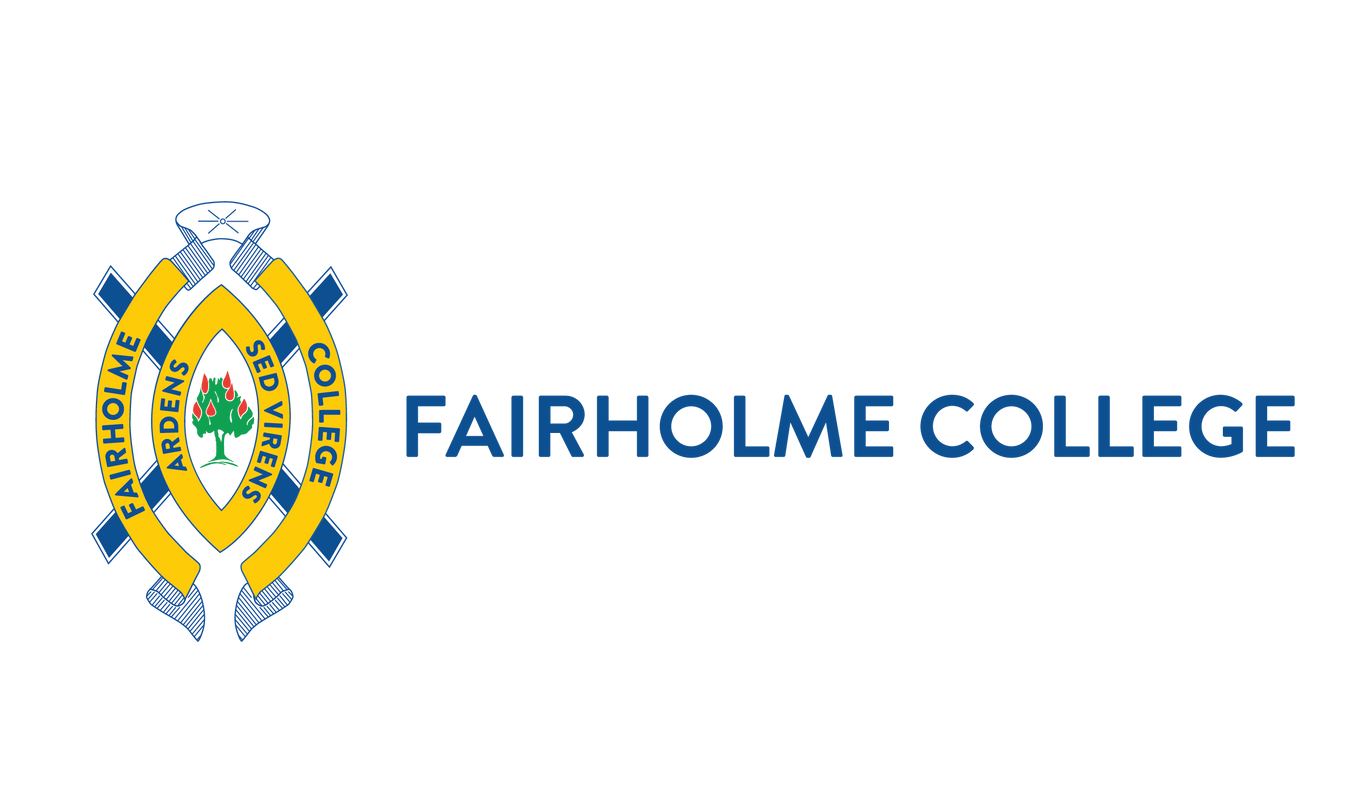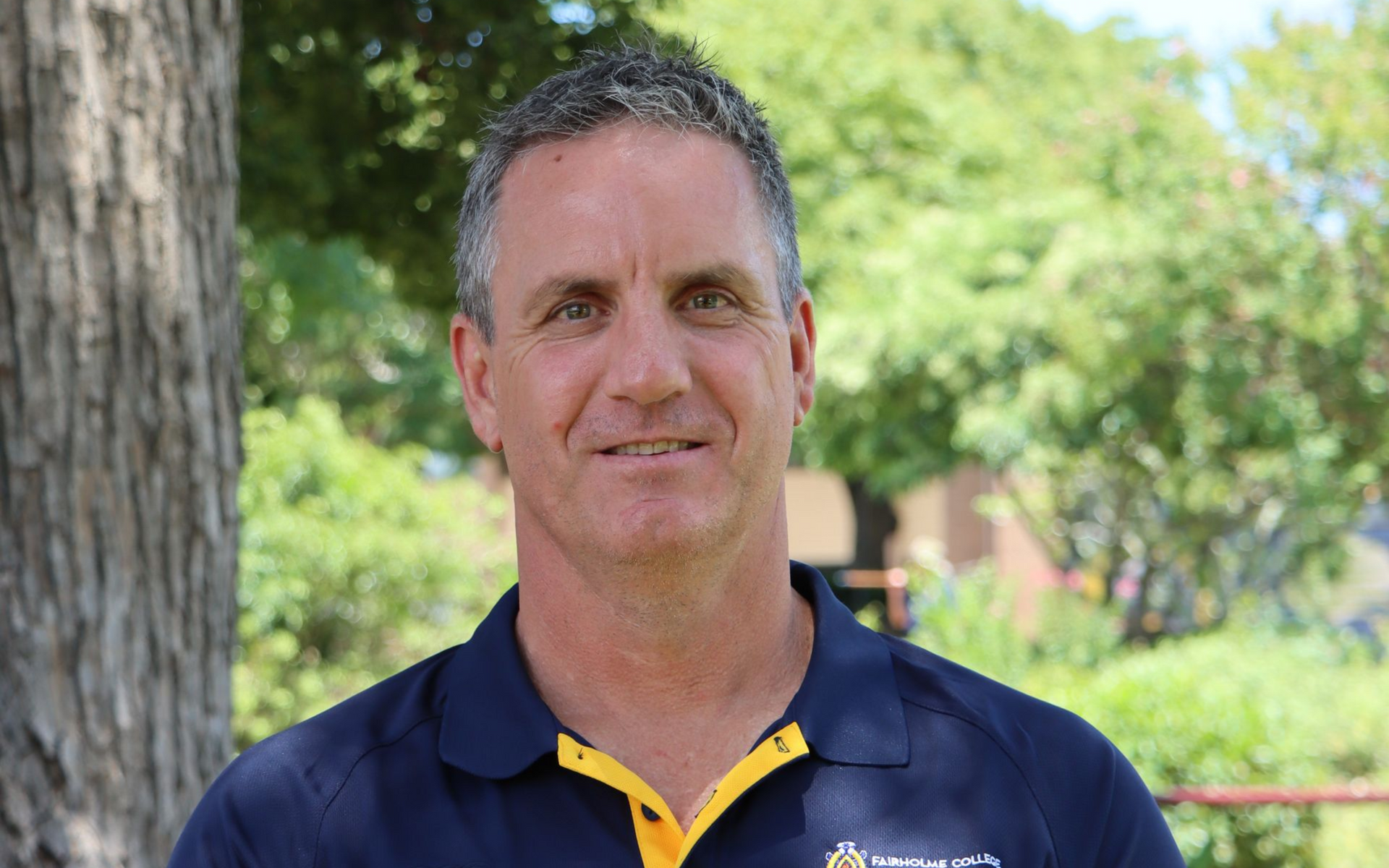Oh to be perfect ...
'I am not a perfectionist, but I like to feel that things are done well.' Cristiano Ronaldo
Most of us do not need to dip too deeply into our childhood memories to draw on the nubs of wisdom and truisms passed on in conversations – formal and informal. “Practice makes perfect,” is but one. It continues to be a mantra that we casually share with our children and with students – and, implicit within, are two problematic ideas.
The first being that practice does not lead to perfection, if ever, because the notion of ‘perfection’ in any setting, is riddled with the potential for an elevated level of ‘stress sensitivity.’
The second problem is that whilst we often laud perfectionism as a worthy skill, share it proudly in job interviews and other settings, yet it can be a curse and a precursor to a mindset that takes us to places of shame, blame and deep dissatisfaction.
Practice itself when undertaken with commitment can elicit perseverance, aid retention and, at best, practice can give a skill or a learning, ‘permanence’ (Garth Mole, 2023).
The best tangible gift I ever received as a child was a Netball goal – it was for my ninth birthday (yes, a long time ago). Yet, I still remember watching intently as Dad attached it to a timber pole, meticulously measuring the accuracy of height and placing it in the depths of a neatly dug hole on a flat piece of lawn, adjacent to our clothesline.
They say that perfection is merely 10,000 hours of practice away. I think I must have surpassed that time frame – the quest for perfection was a strong drive – as well as an impossible one. Quite honestly, I was OK with that – the thrill of improvement, the hope of achieving one hundred out of one hundred drove me on, to achieve whatever goal I set myself on any given day – even though the outcomes were always different between one afternoon and the next. It kept me busy. It kept me focused. It led to accuracy - but never perfectionism.
If you do not practice you will never achieve perfection. True. If you do practice you will never achieve perfection. True. In a world where perfection is an airbrush away, can be manufactured through technological intervention or artificially constructed, we do need to hold proudly to the reality of our flaws, the learning lessons of perseverance and our ability to fall short of expectation, pick ourselves up, and have another shot – literally or metaphorically: because that is the pattern of life.
Researchers continue to contest the nature versus nurture argument, their dichotomous views place them on a continuum where genetics and
effort are poised at either end.
Anders Ericsson in his combined studies with Charness in 1994, argued that intentional and appropriately structured practice leads to ‘perfect’ performance outcomes, outcomes that some researchers had previously attributed to genetics or innate ability.
Their adage that practice makes perfect is contested avidly by other researchers. However, the dangerous downside of perfectionism, as discussed by Ruggeri, 2018, is much more difficult to contest. Ruggeri cites a meta-analysis undertaken by Thomas Curran and Andrew Hill comparing perfectionism across generations from 1989 to 2016 in the US, UK, and Canada.
Their study found significant increases among the most recent undergraduates. Further, Katie Rasmussen, who researches child development and perfectionism at West Virginia University, states that “as many as two in five kids and adolescents are perfectionists,” (cited in Ruggeri,
2018).
Consider the snapchat world of adolescents and their drive to compare, to rate their accomplishments and insta moments against others, and this statistic should not surprise us. So, what do we do about that? Put goal posts in our backyard, take care with the truisms (that may indeed not be true at all) that fall carelessly from our lips or continue to laud that which is perfect?
One needs only to look at a recent Fairholme post which shows our Fairholme cross country runners competing at the state titles to capture how committed practice develops permanence of skill, it nurtures perseverance and the healthy will to improve.
In the literal mud through which they ran, each competitor learned more about the joy of competition – against self and others, the scope and possibilities for their next run and how to manage disappointment when the high bar of expectation is not reached. I trust that each runner had a ‘Cristiano Ronaldo moment,’ where they felt they had done well: and they did, exceptionally so.
Hours of practice led them to run with strength and will and drive – exceptional skills that translate to so many other corners of living.
The Japanese ‘wabi-sabi’ notion of finding beauty in imperfection is worth consideration, it’s worth juxtaposing against the constructed on-line world: fabricated for impact and a hot bed for the development of an unhealthy sense of self.
Practice should not be used as a tool for perfectionism. Practice, at its core, should be about focus, grit and hard work. At best, it is a rehearsal, a means by which permanence of skill or understanding develops and its full value exists when that rehearsal is enjoyable, challenging and innately driven.
My parents would attest to my Netball goal post as one of their wisest fiscal investments in me; it was tangible evidence that practice, in the
seeking of excellence, is an active concept, never an endpoint. Practice and perfectionism are disparate terms, despite the commonality of their pairing.
Practice for permanence of skill acquisition is a much more apt phrase. Learning from what we don’t do well, often provides the greatest learning
of all. Wabi-sabi, however, is the ultimate concept. Imagine if we could all find and celebrate the beauty of flaws and embrace a place or state of being where practice never creates nor seeks perfection and where stress sensitivity does not exist.
As I consider the benefits of embracing mistakes, flaws and imperfections, I am led to yet another childhood truism … ‘we learn through our mistakes’, but therein is another conundrum, for another time …
Dr Linda Evans | Principal
REFERENCES
Ericsson, K. A., & Charness, N. (1994). Expert performance: Its structure and acquisition »
Konnikova, M. (2016). Practice doesn’t make Perfect »
Ruggeri, A. (2018). The dangerous downsides of perfectionism »
More News…
